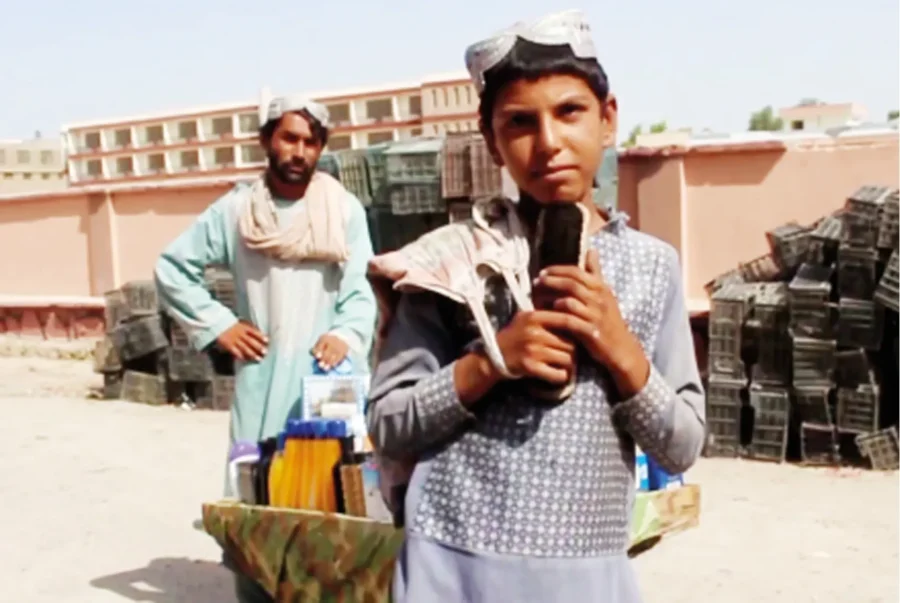The United Nations in a new report warned that in 2024, an estimated 15.8 million people will experience crisis and emergency levels of food insecurity.
Indrika Ratwatte, the UNAMA deputy special representative for Afghanistan and resident coordinator and humanitarian coordinator, said in this report that the majority of the population is unable to procure basic needs such as healthcare, food, livelihoods, and housing.
The United Nations, citing a Gallup survey, said that a Gallup poll found that 95% of the population consider themselves to be suffering. Average life expectancy has been falling for the past five years.
Indrika Ratwatte said: “Afghans now mention access to food as their most pressing need. Unable to pay for or produce basic sustenance, millions face hunger and malnutrition. In 2024, an estimated 15.8 million people will experience crisis and emergency levels of food insecurity.”
Ratwatte said that in 2024, they will also remain committed to their obligations towards human rights and equal access to education in Afghanistan.
He said: “As we embark on the next chapter, in 2024, it is imperative that we remain steadfast in our commitment to the principles of human rights, gender equality, and women’s empowerment. We will continue to include women as key partners in our work, to provide assistance “by women, for women”, and to tirelessly work for equal access to education in line with the demands we hear from Afghans in all areas of the country.”
The Islamic Emirate attributes the increase in poverty in the country to the forced expulsion of migrants from neighboring countries and an increase in natural disasters.
Hamdullah Fetrat, the deputy spokesperson for the Islamic Emirate, said: “Before the arrival of the Islamic Emirate in Afghanistan, the unemployment graph was very high, but with the coming of the Islamic Emirate, we have made significant economic progress in these three years, and with the start of major economic projects, job opportunities have also been provided for the citizens of Afghanistan.”
“It is concerning that more than 15 million are in the circle of poverty, but why have we become like this? The main reasons are also the lack of a very large investment that could strengthen the domestic economy of Afghanistan,” said Sayed Masoud, an economic analyst.
Earlier, the International Rescue Committee (IRC) had also warned in a report about the increase in the needs of the citizens of Afghanistan following the reduction in the humanitarian aid budget for the country.
Abdul Bari Omar, acting head of the Afghanistan Food and Drug Authority (AFDA), expressed worry about the lack of professionals and experts in the Food and Drug sector in the country. Omar said that there are only a few professionals and experts in these sectors in the country.
The AFDA conducts the examination of more than 2,000 candidates for five hundred vacancies in free competition in Kabul in cooperation with the department of Administrative Reform and Civil Services.
“This may be the 10th or 11th test we have taken this year, but there are very few people specialized in Food and Drug in Afghanistan,” Omar said.
Noor-Ul-Haq Anwar, the head of the general directorate of the Islamic Emirate in Administrative affairs, criticized the existence of global corruption in government offices in recent years, but said the Islamic Emirate is attempting to award posts to the deserving.—Tolonews










